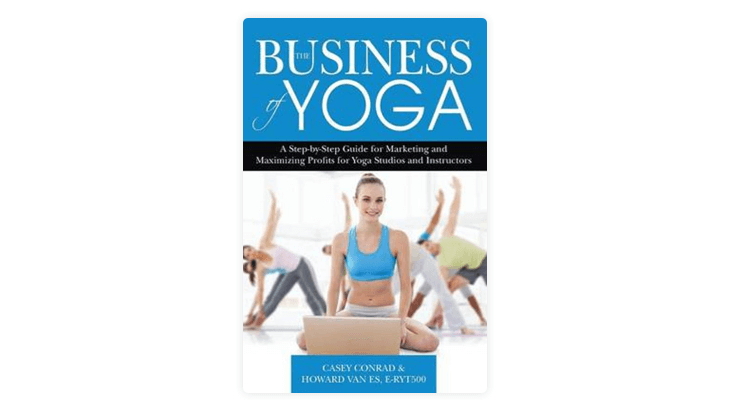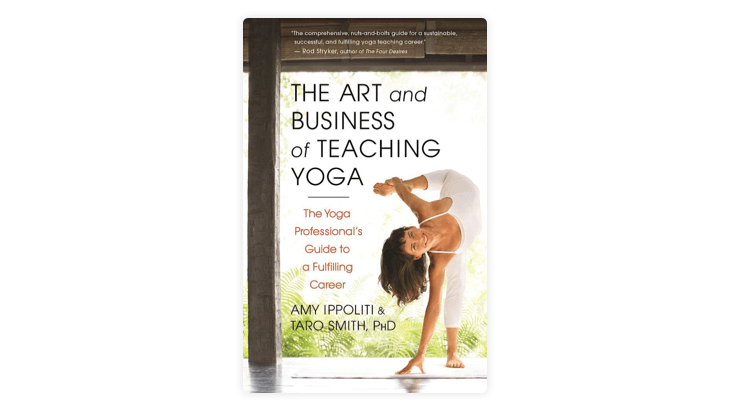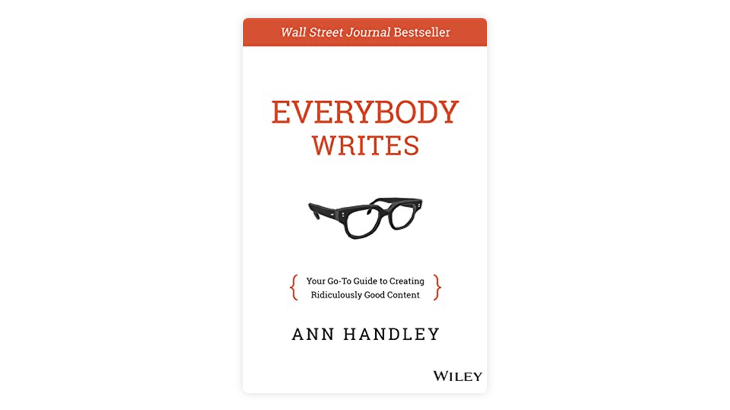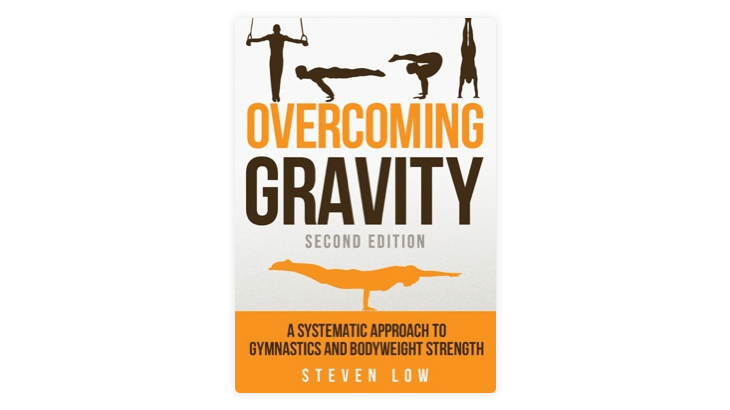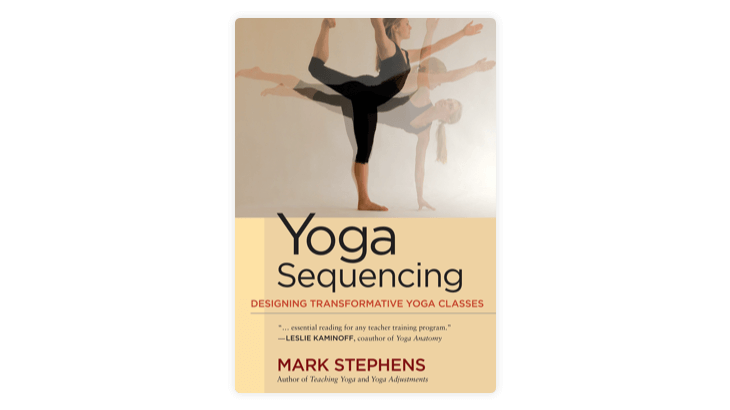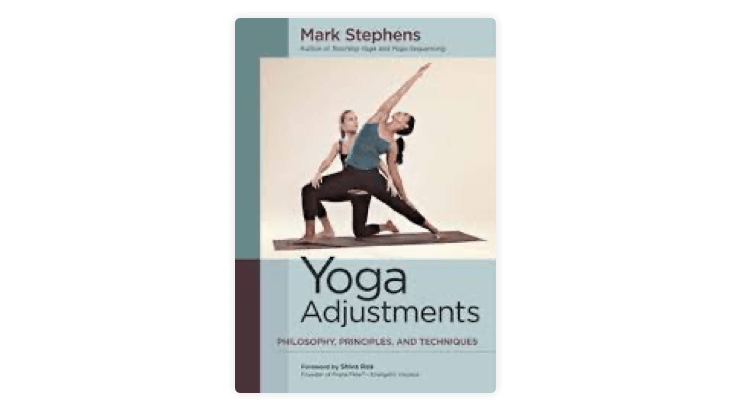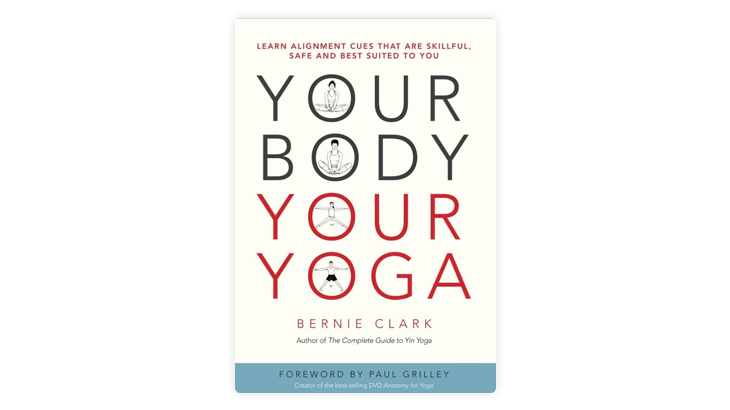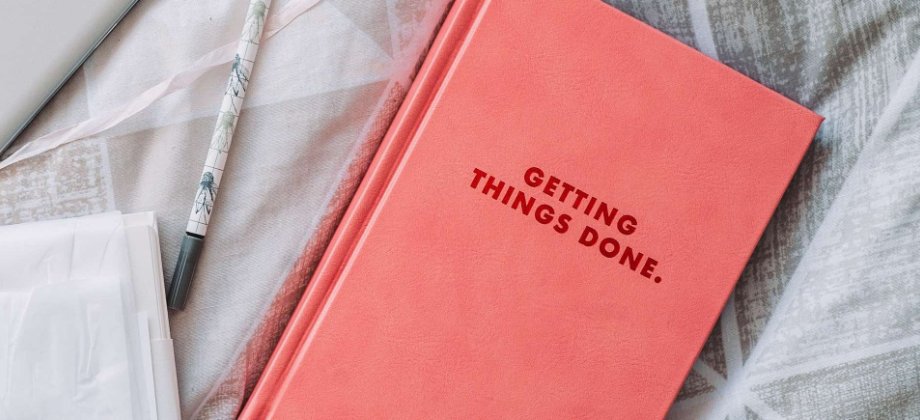
Clear the Mysteries of Your Yoga Practice and Business with My Top 10 Book Picks
When you finished your 200-hour Teacher Training, did you feel that your education was complete or was it more or less an overture of your career to come? For me, after graduation was like looking at an incoming storm. A tornado of curiosities barreling towards me demanding answers. What next? Now what? I’m supposed to set off my own path and see where it takes me. It was quite overwhelming with a hint of graduate’s remorse as I took my first steps. If I felt this way, I’m sure you did too. While we thought of our initial education as exemplary, we’re still left with so many things to figure out.
The best thing about them was that they were always with me to reference whenever I wanted.
What do we do? We take retreats, courses, read yoga teachers’ blogs (thank you!), self-studying, self-practicing in hopes that we come up with the formula for our name. During my professional journey, I found solace in books. Actual books about the subjects that engage me as a professional. There were more details, thorough explanations, plus some witty lines that have completely blown me away. The best thing about them was that they were always with me to reference whenever I wanted. So today I would like to talk about the Top 10 books that have helped me shape myself as a yoga teacher.
 How to approach the books in this list
How to approach the books in this list
Before we go through our good reads, I must confess that I have not read all these books from cover-to-cover. 10 books, some closely resembling the yellow pages from the 80’s. Not many people have time for that. I will tell you how I came about my approach on how to go through these texts. While some really peaked my interest and I ended up finishing them like I did with the Harry Potter Series, Some of the more technical books I went through by needs. Whatever I needed at the time I looked for the book and leafed through the pages until I got to where I needed to go. Old school right? Why don’t you google it? You can find the information you need in seconds. The thing is, with a browser, once you have another thought that crosses your mind, you’ll stop and google that instead. With books you look for the chapter and suddenly you run into a page you find interesting. True it’s another distraction. Then again, that information you just read might just prove useful one day. Take notes and reference where you got it. It really helps.
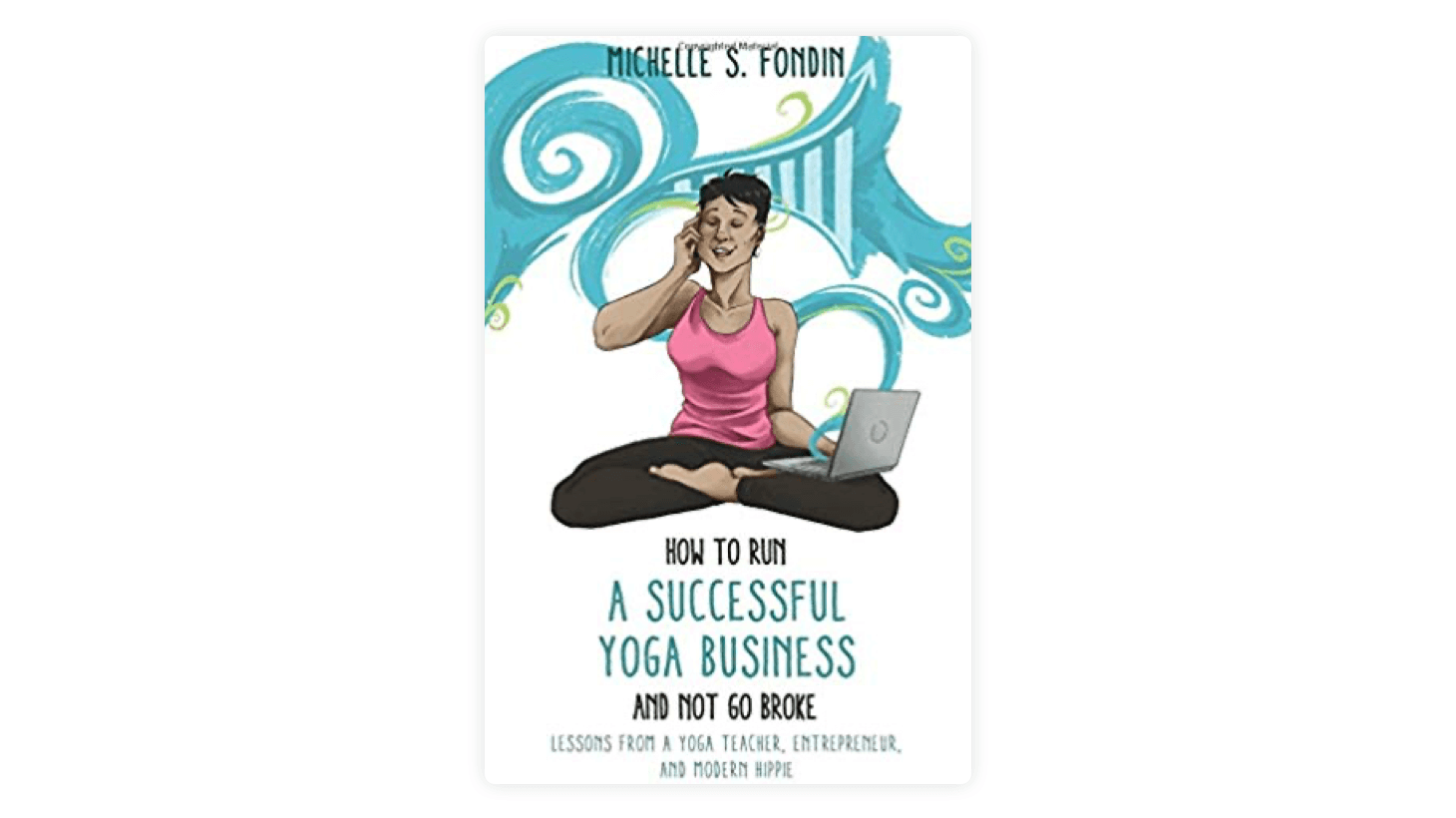
How to Run a Successful Yoga Business and Not Go Broke
By Michelle Fondin
This is a very short, enjoyable and practical book. Michelle Fondlin has some very useful ideas and advice about making a career out of yoga. It is adaptable for recent graduates or seasoned teachers that want to kick their business up a notch. I mostly found her preferred apps very useful with my business, and the many alterrnatives to teaching or opening a studio. Bonus, she also has a few resources on Ayurveda. She has a very conversational tone with her writing so as you go through the book, It’s as if Michelle is right there with you.
The Business of Yoga: A Step-By-Step Guide for Marketing, and Maximizing Profits for Yoga studios and Instructors
By Casey Conrad and Howard Vans
This is probably the most systematic book on Marketing your yoga business. It Talks about terms, the bottom line on your business and how it can succeed. While you won’t get any feels with this book as Michelle Fondlin, you will be able to approach your business in a more logical way, make a proper plan for your career so you may take those next steps.
The Art and Business of Teaching Yoga: The Yoga Professional’s Guide to a Fulfilling Career
By Amy Ippoliti and Taro Smith PhD
Well, the title does not lie. That as well as the text will actually make you face some hard truths about the life of a yoga teacher, How you can manage those hurdles and come out on top for yourself. She also accepts that yoga has to evolve to survive. They don’t judge other forms of yoga just because they are non-traditional. They embrace them. Maybe because they are also in the business of selling books but what is wrong with that? They need to sell them, Nevertheless, it doesn’t negate the fact that we need to read their words. They produced something that is actually enriching. For me that is the bottom line.
Everybody Writes: Your GoTo Guide to Creating Ridiculously Good Content
By Ann Hadley
Finding quality content these days is getting harder everyday. That goes the same for good writing. With more creators opting to make video tutorials or sequences, we lose the depth of good texts. In a nutshell, good writing is needed more than ever. This is where Ann Hadley comes in. She teaches us to do away with he rules of writing we learned in high school and forge a path for our voice. She teaches us to write out of habit. Through her guidance I became more creative and I found an outlet that is completely mine. Give her a whirl. Maybe you publish your works for others to see, maybe you won’t but if you give her a chance, I believe she can make a difference for you.
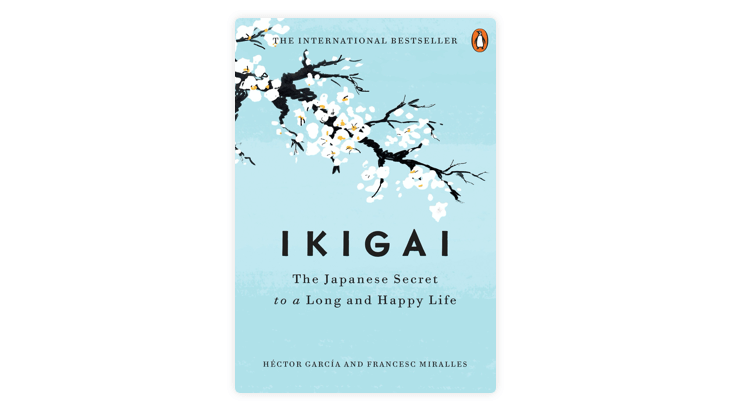
Ikigai: The Japanese Secret to a Long and Happy Life
By Héctor Garcia and Francesc Miralles
I gave this book to my husband as a Christmas gift. It turns out that this book has taught us some of the most important lessons that we now apply in our lives. Ikigai is the lifestyle of longevity. The creation of this book was brought from the study of a super-centenarian ( people who are more than 110 years old ) community in Okinawa, Japan. The writers did interviews and observed their community. What made them thrive, their day-to-day activities, most of all what made them happy. It was a joy to read. Ivan and I read it to each other aloud. For a time, we felt that we were in a Jane Austen Novel–reading to each other before bedtime. Anyway, What I loved about this book is how we must go into the flow in order to thrive. How our work almost becomes a form of meditation. How do we do that? Stop multi-tasking. Multi-tasking is a slow death according to this book. Why? I won’t spoil it for you. I really hope you pick up a copy as soon as you can.
Overcoming Gravity: A Systematic Approach to Gynmnastics and Bodyweight Strength
By Steven Low
This is a big and thick gymnastics book. Then again, many of yoga’s advanced and physical poses were taken from this discipline. That and ballet, calisthenics and pilates; So why not take advice from the sport it originally came from. When I was starting to do more advanced poses, I lacked the strength in my arms and shoulders to do a handstand. Overcoming Gravity teaches you how to condition your body to attain that strength. This book follows a program as well as providing us with aerodynamic principles of going over, sideways, and under. A big plus is that it has a section on gymnastics rings. An apparatus that is slowly climbing it’s way into the many yoga props existing. I would recommend this book more for your practice or maybe if you are teaching an advanced yoga class. There’s much material for you to work with and incorporate.
Yoga Sequencing: Designing Transformative Yoga Classes
By Mark Stephens
Sequencing classes is the meat of our career. Yet in our teacher trainings, the class sequencing session was always one of the shortest lectures. I remember how incomplete I felt in that area of my education. When I came back from Thailand, this was the first book I bought Mark Stephens talks about how to put all our pose knowledge in order, how other forms of yoga go about sequencing, lastly, how you as a teacher can put yours together. This book was my savior my first few years. While I took supplemental knowledge from other sources, he taught me how to prepare a class. It’s a long read but a must-read.
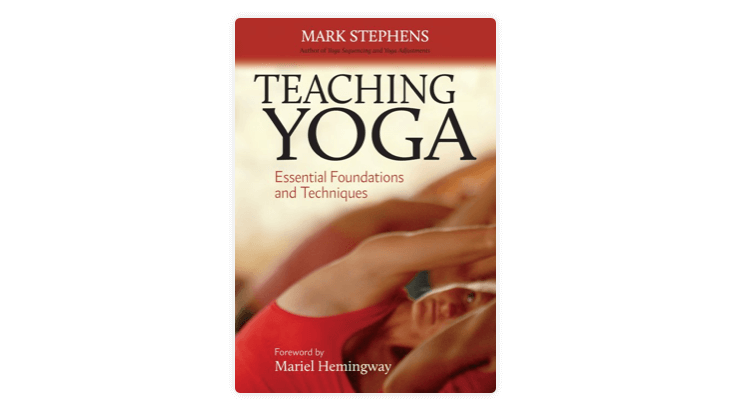
Teaching Yoga: Essential Foundations and Techniques
By Mark Stephens
I think I have a knack for doing things the hard way. That or maybe the `hard way´ has a knack for making me do things. I live in Spain. Which means that my grasp of the Spanish Language is graciously flawed. After my Teacher Training I was deemed ready to teach, what my instructors didn’t know was that my trial by fire was going to be in a different tongue. So I had to go back to the basics. I bought Teaching Yoga by Mark Stephens in Castellano. Mainly to re-learn the teaching cues for my soon-to-be-clients. What I discovered was the refreshing, humbling feeling that goes with reviewing the basics. Teaching Yoga is a book that is always a useful read to keep going back to even when you are a seasoned teacher. One might find more benefits to a pose you’re teaching, a cue you forgot, or just to go back to a simpler time in your career. What I’k saying is that it comes in handy.
Yoga Adjustments: Philosophy, Principles, and Techniques
By Mark Stephens
I always talk about acquiring dedicated clients in my other articles. These are the student who go out of their way to see you. You know them, the ones who stuck with you for years, saw you evolve professionally, and are the backbone of your referral program. Well for me, the tool that made my little group, I owe to this book. You see, Life never throws you the perfect students. It’s not like yoga teacher training where everyone is perfectly healthy. In real life, you get students who want to correct something. Either that or in the process of healing something. This signifies that we have to tweak our sequences to suit their needs, we need to know proper alignment as well as physical adjustments in order to serve our clients properly. In this book, we learn proper hand placement, therapeutic touch and how touch can serve as a cue rather than us always having to put our clients in right form. Sometimes the sweep of your hand is a better corrector than actual physical restructuring. We’re not making flower arrangements here. We are teaching and touch is used more as reinforcement rather than relocation.
Your Body Your Yoga
By Bernie Clark
This is probably the best combination of Cuing the body while learning about anatomy. Bernie Clark takes us deep in the the human structure and takes us bone by bone of the common asanas used. I take a lot of material from Bernie Clark especially when it comes to explaining to my students why we do the poses that we do. While I haven’t read this book from cover to cover, I use it for theming. Yes. You heard me. Since my classes are more fitness based ,my themes revolve mostly on the physical side of the yoga practice. It as worked like a charm for my business while answering my many anatomical curiosities. Can’t wait to sink my mind into his other titles.
A good read should be like a first date The witty banter, the flirtation, packed with the promise that at some point it will blow your mind away.
I could have chosen other forms of content to recommend. Video tutorials through instagram and youtube, yoga blogs to follow, etc. The myriad of sources out there within our reach, more concrete or straight-to-the-point. Instead I went for the lengthier, sometimes tedious medium of education. The reason for this is because I believe that we are slowly losing the reading experience. With all of the technological algorithms we suddenly have to adhere to in order for our voices to be heard we lose the journey we take in reading. A good read should be like a first date The witty banter, the flirtation, packed with the promise that at some point it will blow your mind away––and it does. When it ends we are left with inspiration that leaves us glowing long after the experience (yes, I’m still talking about reading here).
Relevant content is less about storytelling; it’s more about telling a true story well. — Ann Hadley
Interested in reading new books?
We have a free ebook for you!
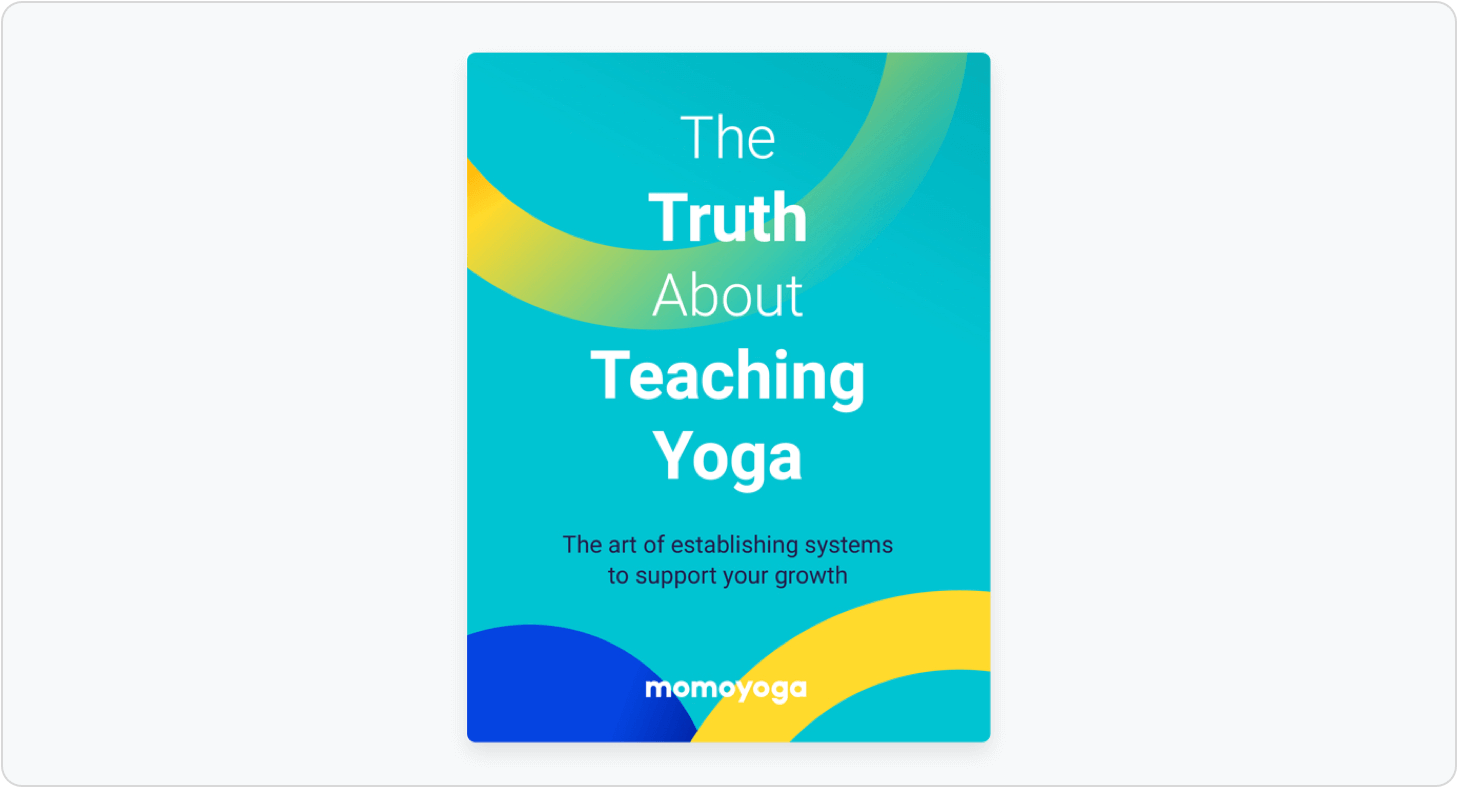
This book is written by our blogger Izzy Arcoleo
